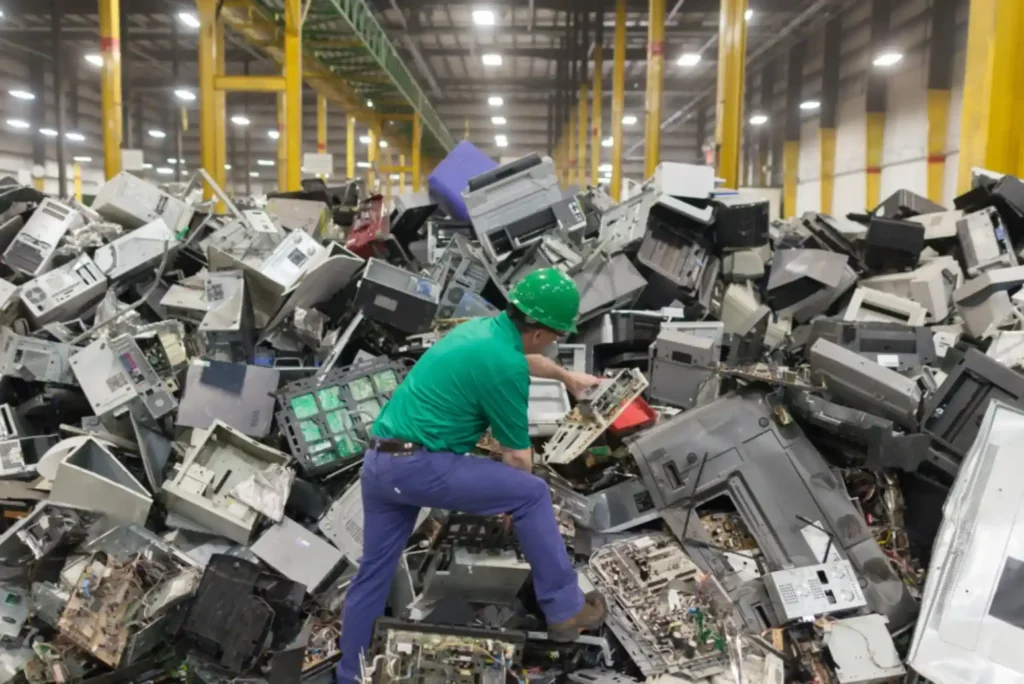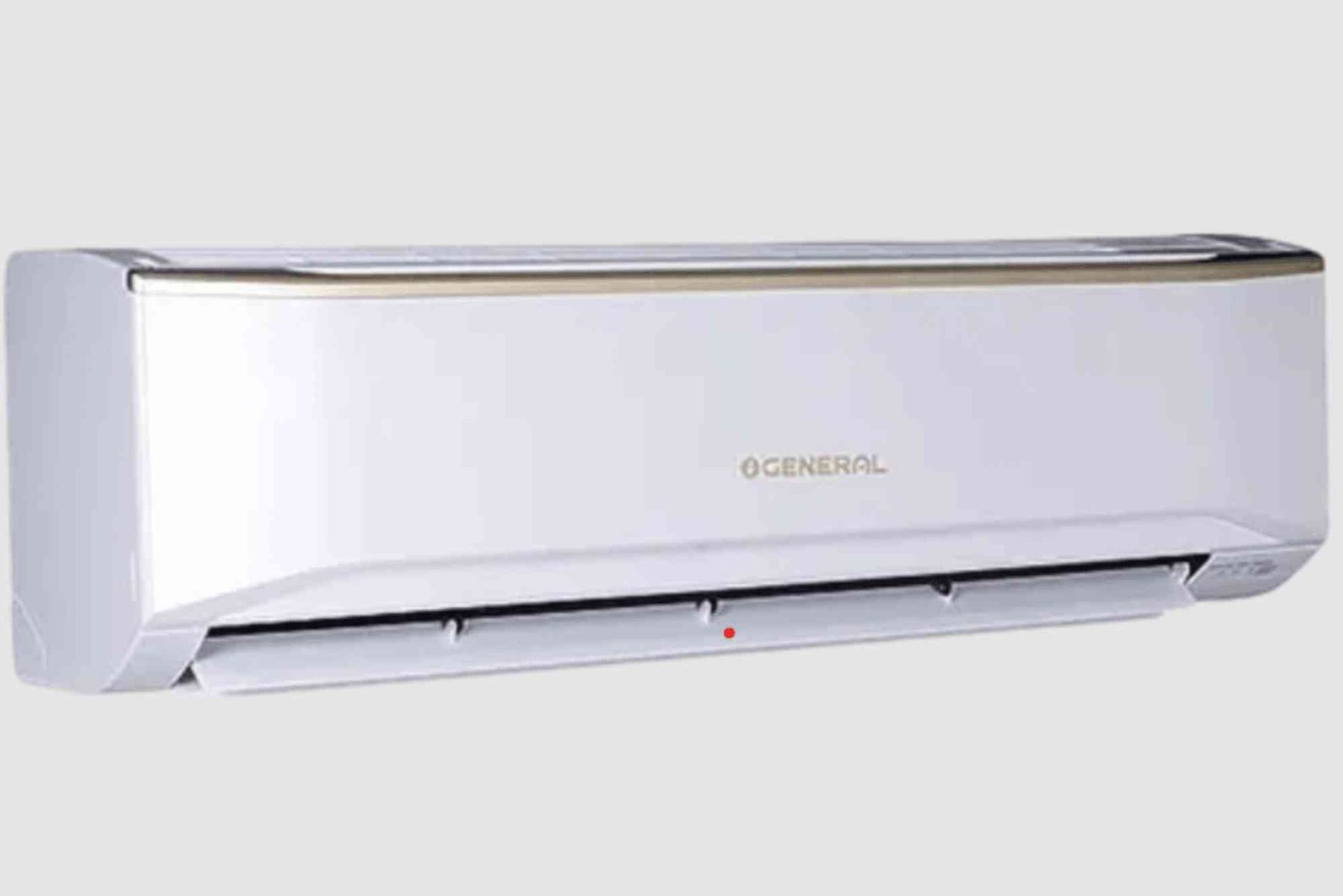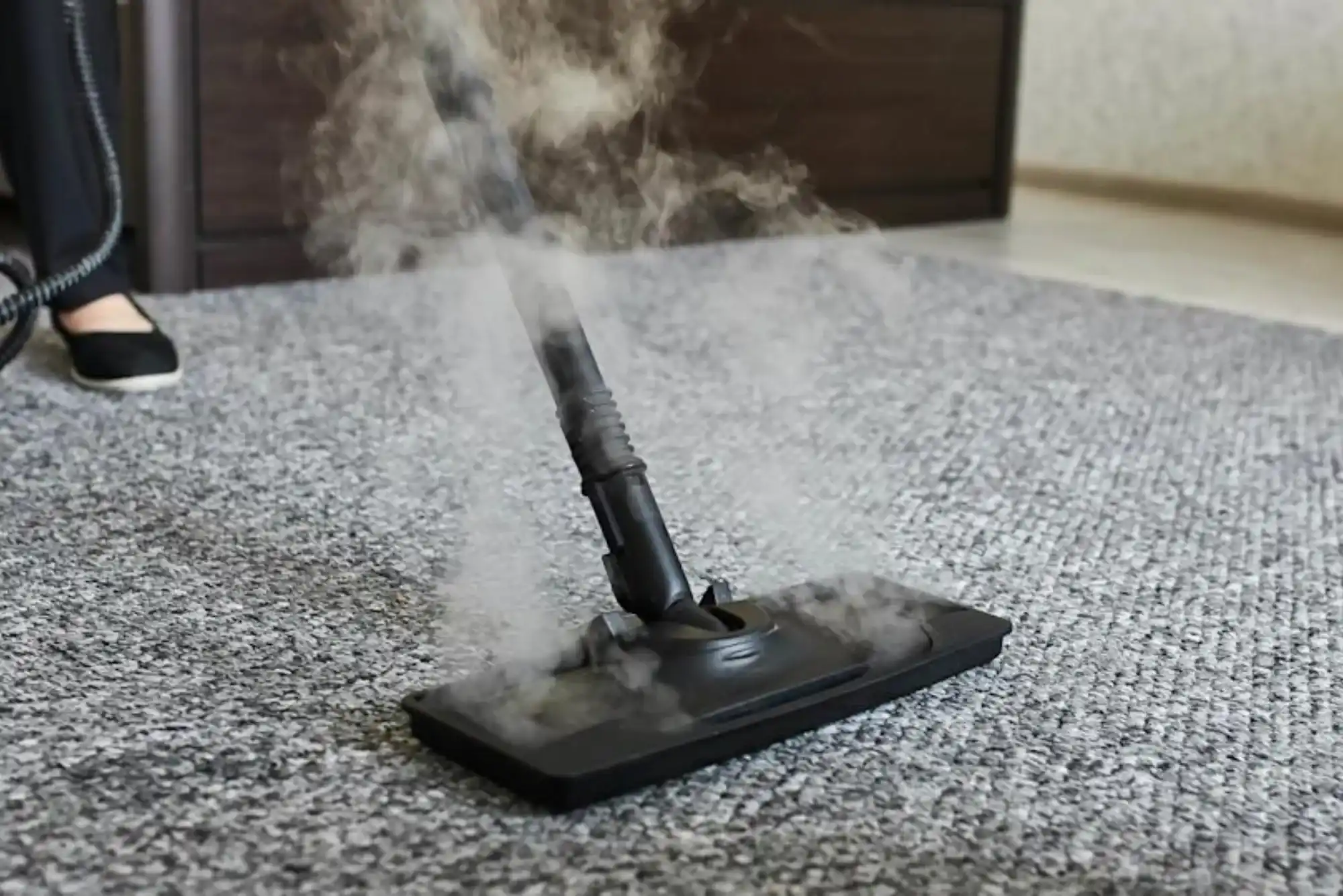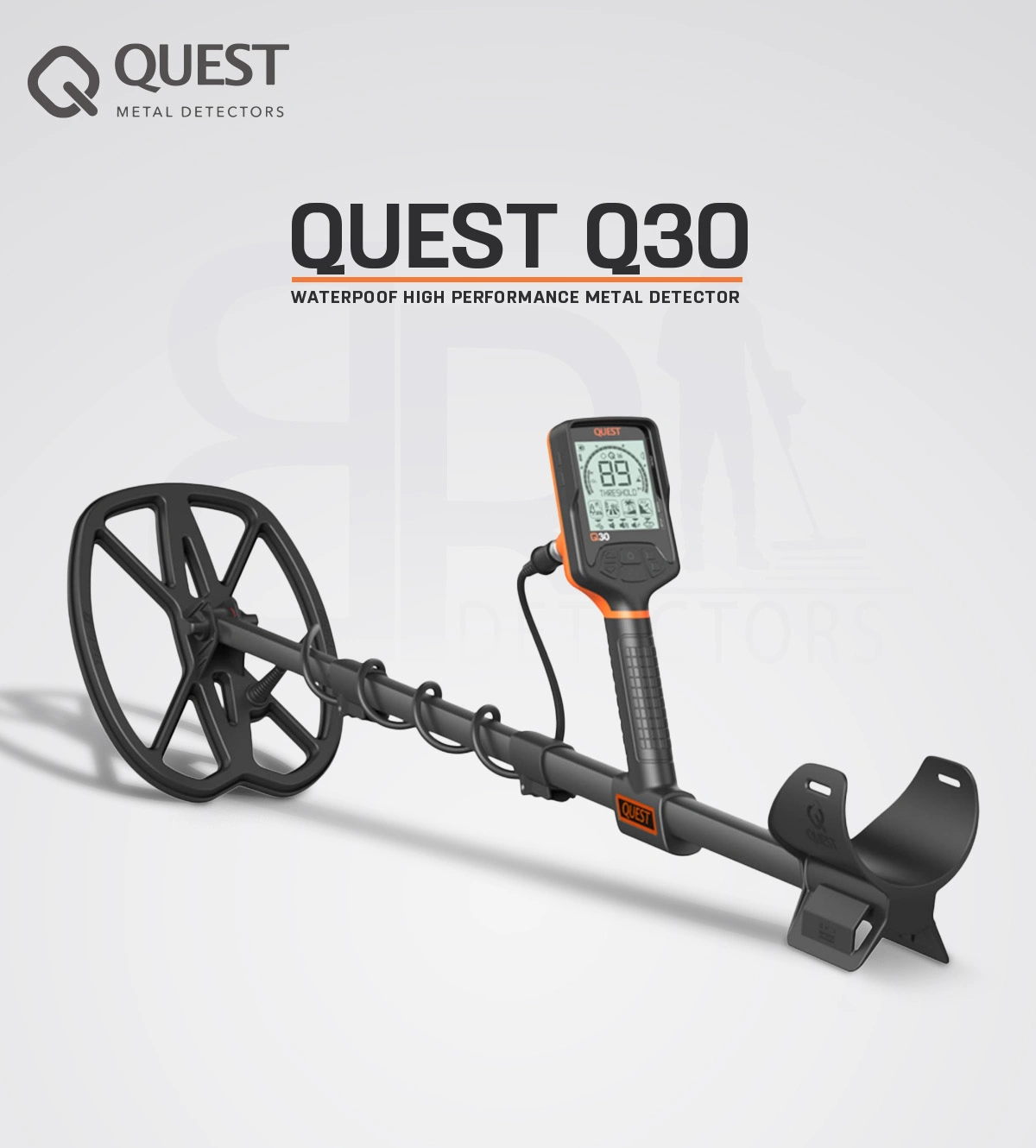As technology evolves, our homes and offices fill up with outdated gadgets and electronics that are no longer in use. Many of these items contain materials harmful to the environment if not disposed of correctly. If you’re wondering, “Where can I recycle electronics near me?”, this guide will walk you through the importance of recycling electronics, how to find local recycling centers, and what types of electronics can be safely disposed of.
Why Recycling Electronics is Important
Electronic waste (e-waste) is one of the fastest-growing types of waste globally. Improper disposal of e-waste can lead to toxic substances like lead, mercury, and cadmium seeping into the soil and water, posing severe risks to both human health and the environment.
Recycling electronics helps:
Reduce Landfill Waste: Electronic waste takes up significant space in landfills, and recycling helps reduce this burden.
Conserve Resources: Electronics contain valuable metals like gold, silver, and copper. Recycling allows these materials to be reused.
Prevent Pollution: Recycling prevents harmful chemicals from contaminating the environment, protecting ecosystems and human health.
Support Circular Economy: By recycling, you contribute to a system where materials are reused, promoting sustainability.
Common Electronics That Can Be Recycled
Before heading to your nearest recycling center, it’s important to know what electronics are commonly accepted for recycling. While policies may vary by location, here are some frequently recycled electronics:
Smartphones and Tablets: These devices often contain valuable materials like lithium, cobalt, and precious metals.
Laptops and Desktops: Many recycling centers accept these and ensure that sensitive data is destroyed before recycling.
TVs and Monitors: Older models may contain lead and should never be thrown away. Newer flat screens are also accepted.
Printers and Scanners: These items often contain plastic, metals, and other components that can be recycled.
Batteries: Many electronics have batteries that contain toxic chemicals. Always recycle batteries separately if possible.
Cables and Chargers: Wires, cables, and chargers are often accepted, and the metals inside can be reused.
Where to Recycle Electronics Near You
Finding a local electronics recycling center is easier than ever. Many cities and towns offer convenient drop-off locations or specific e-waste recycling events. Here are some common options for recycling electronics:
Local Recycling Centers
Most cities have local recycling centers or municipal waste facilities that accept electronics. They often have designated e-waste days where you can drop off old devices.
Retailers Offering Recycling Programs
Many large electronic retailers offer free recycling programs. Stores like Best Buy, Staples, and Office Depot allow you to bring in old electronics for safe disposal. Some stores also offer trade-in programs where you can exchange your old devices for store credit.
Nonprofit Organizations
Several nonprofits, like Goodwill and Salvation Army, accept old electronics for recycling or refurbishment. These organizations often repair devices and donate them to individuals in need.
Manufacturer Take-Back Programs
Many electronics manufacturers have take-back or recycling programs. Brands like Apple, Samsung, and Dell allow customers to send in or drop off old devices for recycling. Often, they offer incentives or discounts on future purchases.
Community E-Waste Events
Check with your local government for e-waste collection events. These events are typically held a few times a year and offer a convenient way to drop off old electronics without any cost.
Steps to Take Before Recycling Electronics

Before recycling your electronics, it’s crucial to prepare them properly. Here’s what to do:
Backup Data
If you’re recycling devices like smartphones, laptops, or tablets, make sure to back up any important data. You can use cloud storage services or an external hard drive to save your files.
Factory Reset Your Device
Perform a factory reset on devices that store personal data, such as phones, computers, and tablets. This ensures that all your personal information is erased before recycling.
Remove Batteries
Some recycling programs require you to remove batteries from devices before dropping them off. Lithium-ion batteries, in particular, are considered hazardous waste and need to be recycled separately.
Check for Trade-In Programs
Before recycling, see if the item qualifies for a trade-in program. Many manufacturers and retailers offer trade-in options where you can get credit toward a new device.
Benefits of Recycling Electronics Locally
Recycling electronics near you comes with several benefits for both the environment and the community. Here are a few key advantages:
Reducing Environmental Impact
By recycling electronics locally, you reduce the carbon footprint associated with transporting e-waste to faraway locations. Local recycling centers process and dispose of materials in an eco-friendly way, preventing toxic chemicals from entering landfills.
Supporting the Local Economy
Local recycling programs often create jobs within the community. By participating, you’re helping support local employment while contributing to a cleaner environment.
Convenience
Local recycling programs are often more convenient, as they are located close to home or offer curbside pickup options. Many also hold regular collection events, making it easy to drop off e-waste at a time that works for you.
What Happens to Recycled Electronics?
Ever wonder what happens after you drop off your old electronics for recycling? The process involves several steps to ensure that materials are handled responsibly:
Sorting and Disassembly: Once collected, electronics are sorted by type and disassembled. Components like batteries, circuit boards, and plastics are separated for further processing.
Shredding: Larger electronic components are often shredded into smaller pieces. This helps to separate valuable materials like metals from plastics and other materials.
Extraction of Valuable Materials: Metals such as copper, gold, and aluminum are extracted from the shredded materials. These metals can be sold or reused in the manufacturing of new electronics.
Responsible Disposal of Hazardous Materials: Toxic materials like mercury, lead, and cadmium are removed and disposed of safely to prevent environmental contamination.
Reuse of Materials: The recovered metals, plastics, and other components are reused to create new products, reducing the need for virgin materials and supporting a circular economy.
Recycling electronics is a crucial step in reducing e-waste, conserving resources, and protecting the environment. By finding local recycling centers, utilizing manufacturer take-back programs, and participating in community e-waste events, you can responsibly dispose of your old electronics. Remember to back up your data, perform factory resets, and remove any batteries before recycling.



